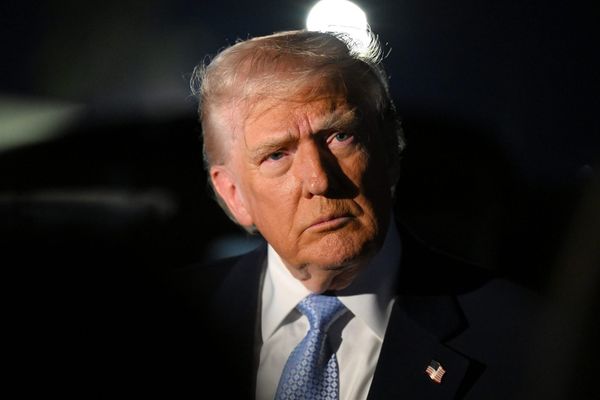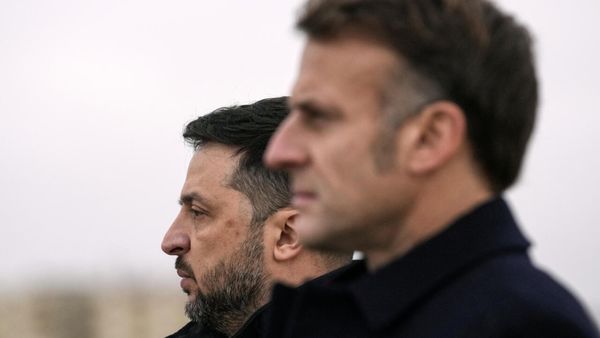
The BBC has been plunged into a new row over its treatment of Donald Trump, after an academic accused it of censoring his remarks about alleged corruption by the US president.
Rutger Bregman, a Dutch author and historian, said the BBC had removed a “key line” from a flagship address he had been invited to give by the corporation.
Bregman, who is giving the BBC’s prestigious annual Reith Lectures, said his claim that Trump was “the most openly corrupt president in American history” had been taken out. He said he had been told that the decision to remove the accusation was taken at the “highest levels within the BBC”.
“I wish I didn’t have to share this. But the BBC has decided to censor my first Reith Lecture,” he said in a statement. “They deleted the line in which I describe Donald Trump as ‘the most openly corrupt president in American history’.
“This sentence was taken out of a lecture they commissioned, reviewed through the full editorial process, and recorded four weeks ago in front of 500 people in the BBC Radio Theatre.
“I was told the decision came from the highest levels within the BBC.”
The BBC is under pressure from the White House after Trump threatened to sue it for up to $5bn (£3.8bn) over an edit of one of his speeches by an edition of Panorama. A row over the edit ultimately led to the resignations of its director general, Tim Davie, and the BBC News chief, Deborah Turness.
The BBC has apologised for the edit, which spliced two parts of Trump’s speech on the day of the Capitol riots in January 2021. However, it is arguing that it did not defame the US president and is not seeking to settle the case with him.
The BBC removed the comment after seeking legal advice. The lecture is broadcast on the BBC’s World Service, which is broadcast in the US.
Bregman, who has previously said the US could be on the verge of an “authoritarian breakthrough”, said the edit of his speech had been made “against my wishes” and left him “genuinely dismayed”.
“Not because people can’t disagree with my words, but because self-censorship driven by fear (Trump threatening to sue the BBC) should concern all of us,” he said. “It’s especially ironic because the lecture is exactly about the ‘paralysing cowardice’ of today’s elites.
“About universities, corporations and media networks bending the knee to authoritarianism. I share this with respect for the many excellent journalists at the BBC. And with the hope that transparency helps strengthen, not weaken, our democratic culture.”
Approached by the Guardian, Bregman said: “I don’t think I have much to add to this right now. I’m really sad about it. The whole team behind the Reith lectures was incredible.
“And it was such an honour to deliver them, especially because the first Reith lectures in 1948 were delivered by my intellectual hero Bertrand Russell, who was a huge advocate of free speech.
“I still hope lots of people will listen to the lectures. Because it seems to me that the message, about the cowardice of today’s elites, is more relevant than ever.”
Bregman, who sprung to prominence in 2019 with a speech at the World Economic Forum in Davos in which he challenged attenders over tax avoidance, had been invited to give a series of lectures entitled “Moral Revolution”. They were recorded in London, Liverpool, Edinburgh and the US last month.
In the first lecture, broadcast on Tuesday, he warned about a “broader resurgence of fascism across the western world”. The lecture series will focus on the “moral decay and un-seriousness of today’s elites”. It also calls for a moral revolution by grassroots groups.
A BBC spokesperson said: “All of our programmes are required to comply with the BBC’s editorial guidelines, and we made the decision to remove one sentence from the lecture on legal advice.”







